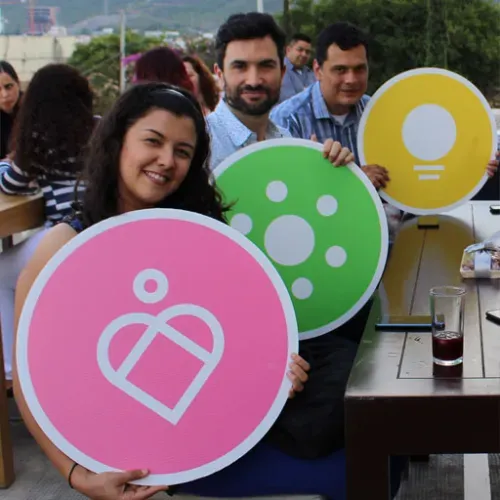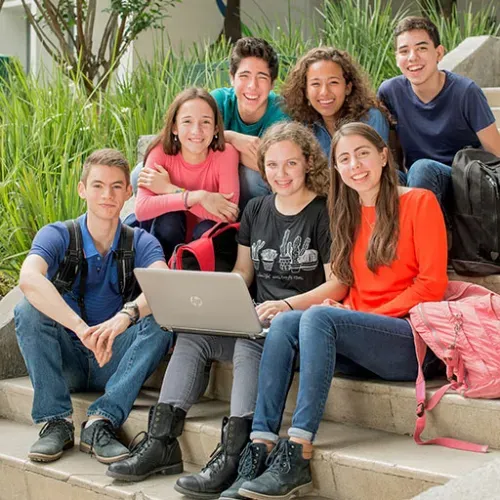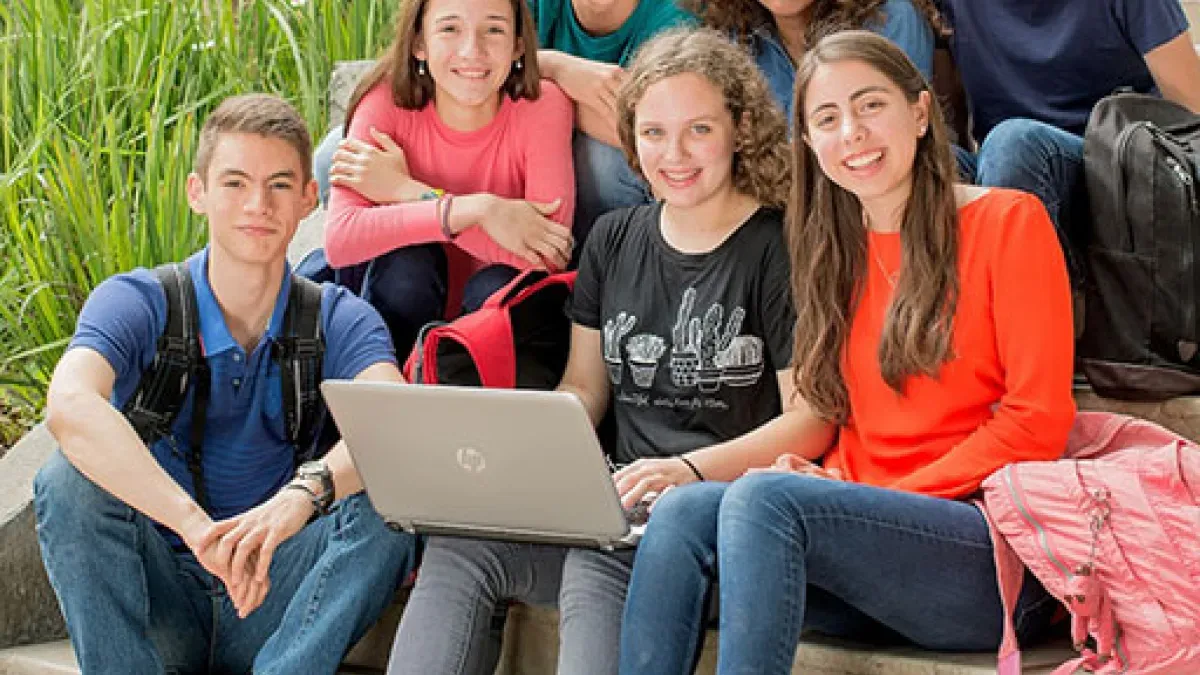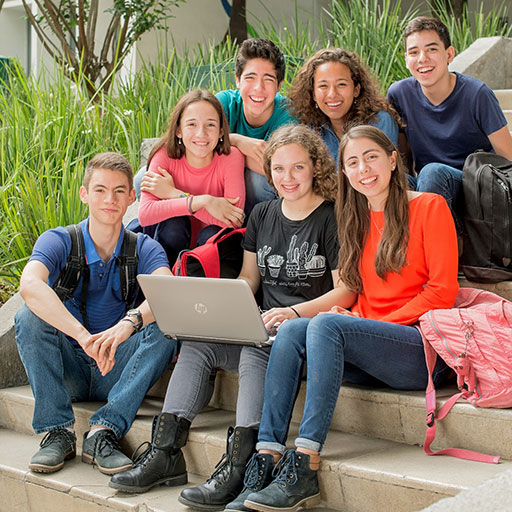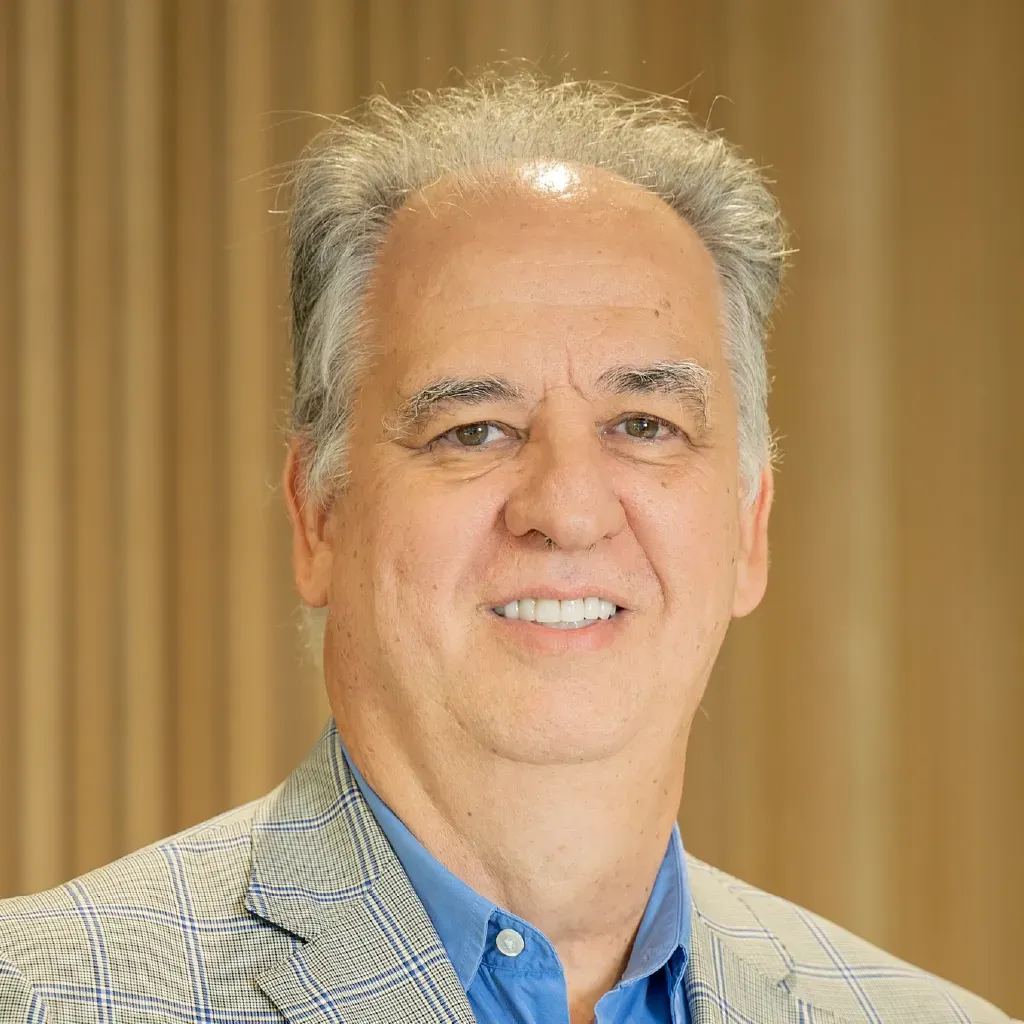IFE International Advisory Board
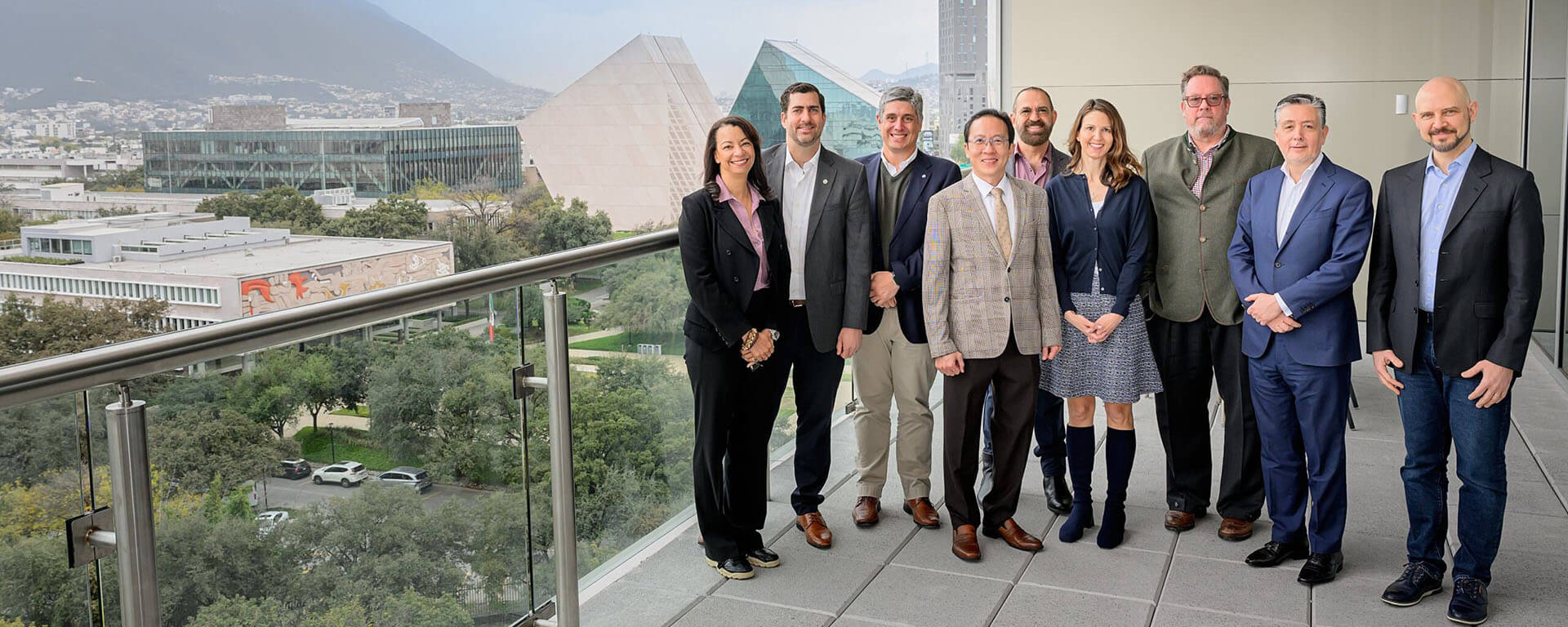
The International Advisory Board (IAB) of the Institute for the Future of Education is a high-level body that supports the Institute’s strategic direction setting and global positioning. Its members bring deep expertise in education, innovation, skills development, and public policy and serve as trusted advisors who provide critical feedback, challenge assumptions, and help identify bold opportunities for impact. The Board also acts as a bridge to international networks, unlocking new partnerships, funding sources, and platforms for collaboration.
IFE Flagship Projects
The IFE Flagship Projects are strategic institutional initiatives that have been shaped and refined with input from the International Advisory Board. They embody the Institute’s commitment to systemic educational transformation through innovation, collaboration, and global engagement.
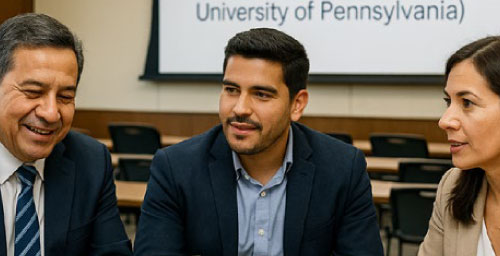
Executive Program for Higher Education Leaders (in collaboration with the University of Pennsylvania)
This initiative, developed in partnership with the University of Pennsylvania, aims to empower university leaders in Latin America with the essential tools, mindsets, and networks to lead institutional transformation. The program features in-person and virtual modules focused on innovation, sustainability, and leadership. Its goal is to develop higher education institutions that are prepared for the future across the region.

IFE AI Nexus
A collaborative research and innovation hub focused on artificial intelligence and learning analytics in education. It enables large-scale pilots, joint research, policy guidance, and training to help institutions integrate AI into teaching and learning in a responsible and effective way—leveraging the infrastructure of IFE and Tecnológico de Monterrey.

Skills Hub
Skills Hub is a platform designed to close the skills gap between education and the labor market. It supports governments, industries, and universities with skills forecasting, short-cycle program design, and policy development. The initiative combines data, research, and partnerships to foster inclusive upskilling and reskilling ecosystems across Latin America.

FAIR Learning Model - El Camino
A hybrid learning model that combines AI-powered tutoring via WhatsApp with human mentorship to support vulnerable segments of the population. Initially piloted in Monterrey, it has demonstrated strong engagement and learning outcomes. The IAB identified El Camino’s potential for massive scalability as a low-cost, high-impact solution to advance educational equity.

Global South EdTech Network
This initiative aims to identify, adapt, and scale educational technology solutions for Latin America and developing economies. It builds a collaborative network to address shared challenges through research, open innovation, and a validation marketplace. The project amplifies Global South voices and fosters sustainable, evidence-based EdTech innovation.
IFE International Advisory Board Members

Michael J. L. Fung
President IFE International Advisory Board Executive Director Institute for the Future of Education
Tecnológico de Monterrey

Courtney Brown
Vice President of Strategy
Lumina Foundation

Raúl Valdés-Cotera
Chief Program Coordinator
UNESCOInstitute for Lifelong Learning
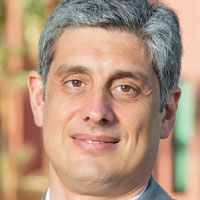
Horacio Arredondo
Dean School of Business & EGADE Business School
Tecnológico de Monterrey

Matt Sigelman
President
Burning Glass Institute
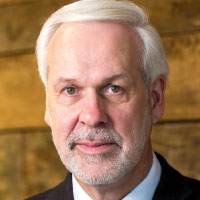
Paul LeBlanc
Co-Founder
Matter and Space

Douglas Lynch
Senior Fellow
USC Rossier School of Education

Maia Sharpley
Managing Partner
Odonata Ventures

Michelle Weise
Co-Founder
Rise & Design

Juan Pablo Murra
Rector
Tecnológico de Monterrey
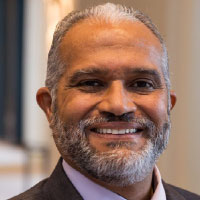
Feniosky Peña-Mora
Vice President of Research
Tecnológico de Monterrey



